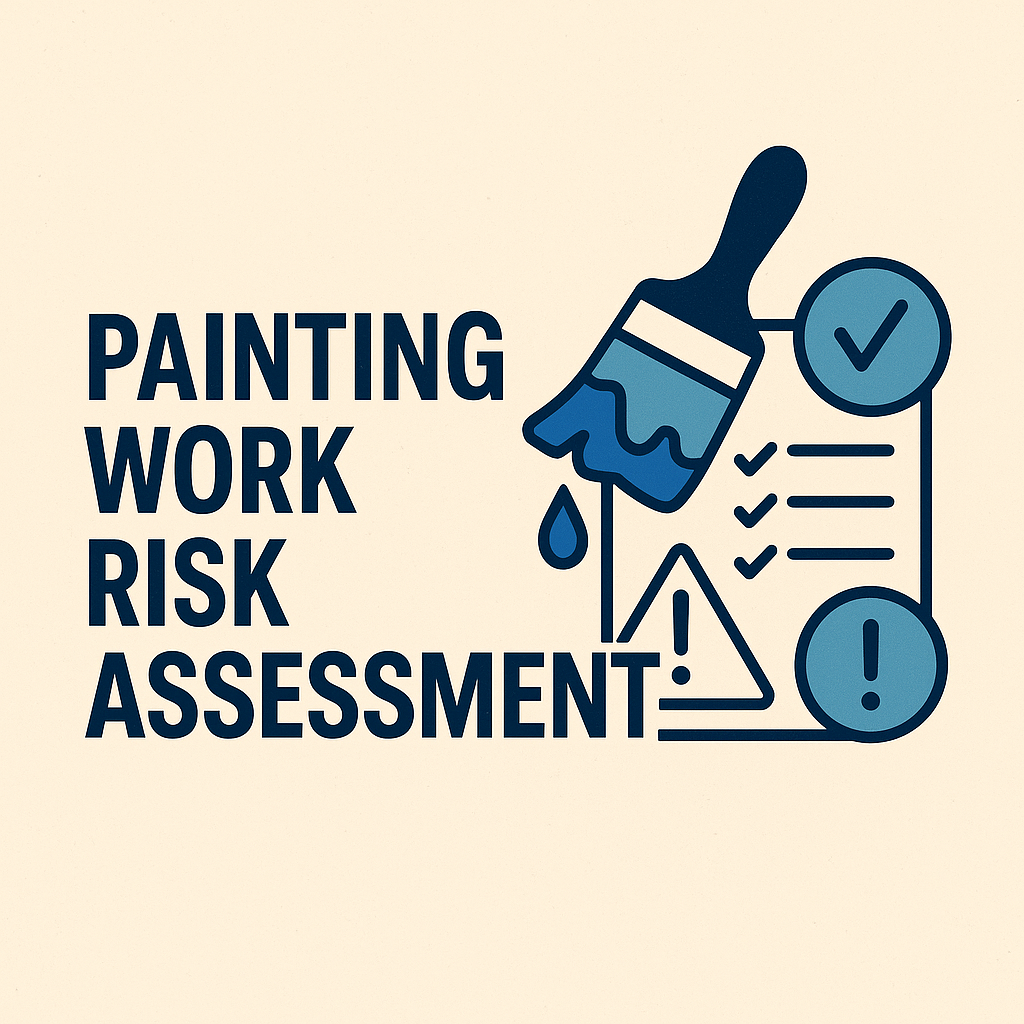
Safety Officer vs Safety Engineer Salary
Safety officers and safety engineers play crucial roles in ensuring workplace safety, but how do their salaries compare? Let’s delve into the details to understand the differences and similarities between the compensation packages of these two professions.
Introduction to Safety Officer and Safety Engineer
Safety officers and safety engineers are both integral parts of maintaining safety protocols in various industries. While their core objective is the same – ensuring the safety of workers and compliance with regulations – their approaches and responsibilities differ.
Roles and Responsibilities
Safety Officer
Safety officers are primarily responsible for implementing safety procedures, conducting risk assessments, and ensuring compliance with health and safety regulations. They conduct regular inspections, investigate accidents, and provide safety training to employees.
Safety Engineer
On the other hand, safety engineers focus more on the technical aspects of safety. They design safety systems, analyze equipment and machinery for potential hazards, and develop safety protocols for specific processes or projects. They often collaborate with engineers and management to integrate safety measures into the design and operation of equipment and facilities.
Educational Requirements
Safety Officer
Most safety officer positions require at least a bachelor’s degree in occupational health and safety, environmental science, or a related field. Some employers may prefer candidates with specialized certifications in safety management.
Safety Engineer
Safety engineers typically hold a bachelor’s degree in engineering, preferably with a focus on industrial or safety engineering. Advanced degrees or certifications in safety-related fields can enhance job prospects and earning potential.
Certification and Training
Safety Officer
Certifications such as Certified Safety Professional (CSP) or Occupational Health and Safety Technician (OHST) can demonstrate proficiency and commitment to the field. Safety officers also undergo regular training to stay updated on regulations and best practices.
Safety Engineer
Certifications like Certified Safety Engineer (CSE) or Professional Engineer (PE) can validate the expertise of safety engineers. Continuous professional development is essential for staying abreast of emerging technologies and evolving safety standards.
Salary Comparison
When it comes to salary, safety engineers tend to earn slightly higher than safety officers. According to the Bureau of Labor Statistics, the median annual wage for safety engineers was $91,410 in May 2022, while safety officers earned a median annual wage of $76,600.
Factors Influencing Salary
Several factors can influence the salary of safety officers and safety engineers:
- Job Outlook: Industries with high demand for safety professionals may offer higher salaries to attract talent.
- Industry Demand: Some industries, such as construction or manufacturing, prioritize safety and are willing to pay more for qualified professionals.
- Geographic Location: Salaries may vary depending on the cost of living and demand for safety expertise in different regions.
- Experience: Experienced professionals with a proven track record of success often command higher salaries.
Conclusion
While both safety officers and safety engineers play vital roles in ensuring workplace safety, there are differences in their responsibilities and educational backgrounds. When it comes to salary, safety engineers typically earn more than safety officers, but various factors can influence individual compensation packages.
Chemical Process Safety Engineer
Apology Letter for Not Wearing Safety Helmet
Apology Letter for Not Wearing Safety Shoes
Apology Letters for Safety Violation
Unique FAQs
- Are safety officers and safety engineers interchangeable roles?
- While both roles are focused on safety, they have distinct responsibilities and educational requirements.
- Can a safety officer become a safety engineer?
- With additional education and training, a safety officer can transition into a safety engineering role.
- What industries offer the highest salaries for safety professionals?
- Industries such as oil and gas, construction, and aerospace typically offer competitive salaries for safety engineers and officers.
- Is certification necessary for a career in safety?
- While certification is not always required, it can enhance job prospects and earning potential in the safety field.
- How can I increase my salary as a safety professional?
- Continuing education, gaining experience in high-demand industries, and pursuing advanced certifications can help boost your earning potential.

























Hi i am Aijaz Khan
Searching for safety manager job I have 24 year experience
Hi
Searching for safety manager job
I have 24 year experience